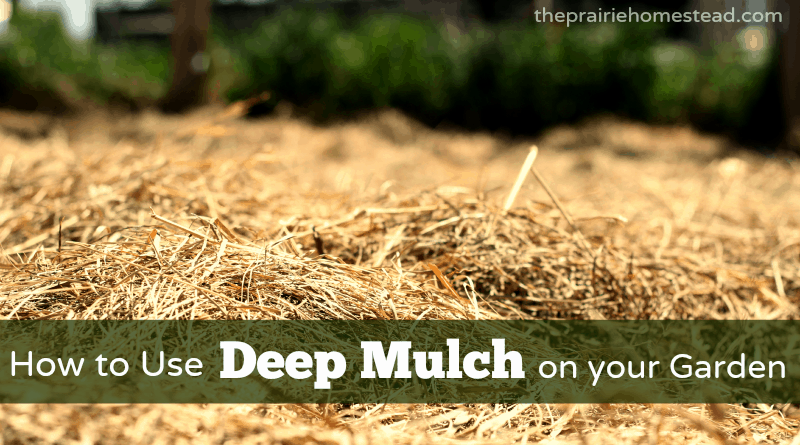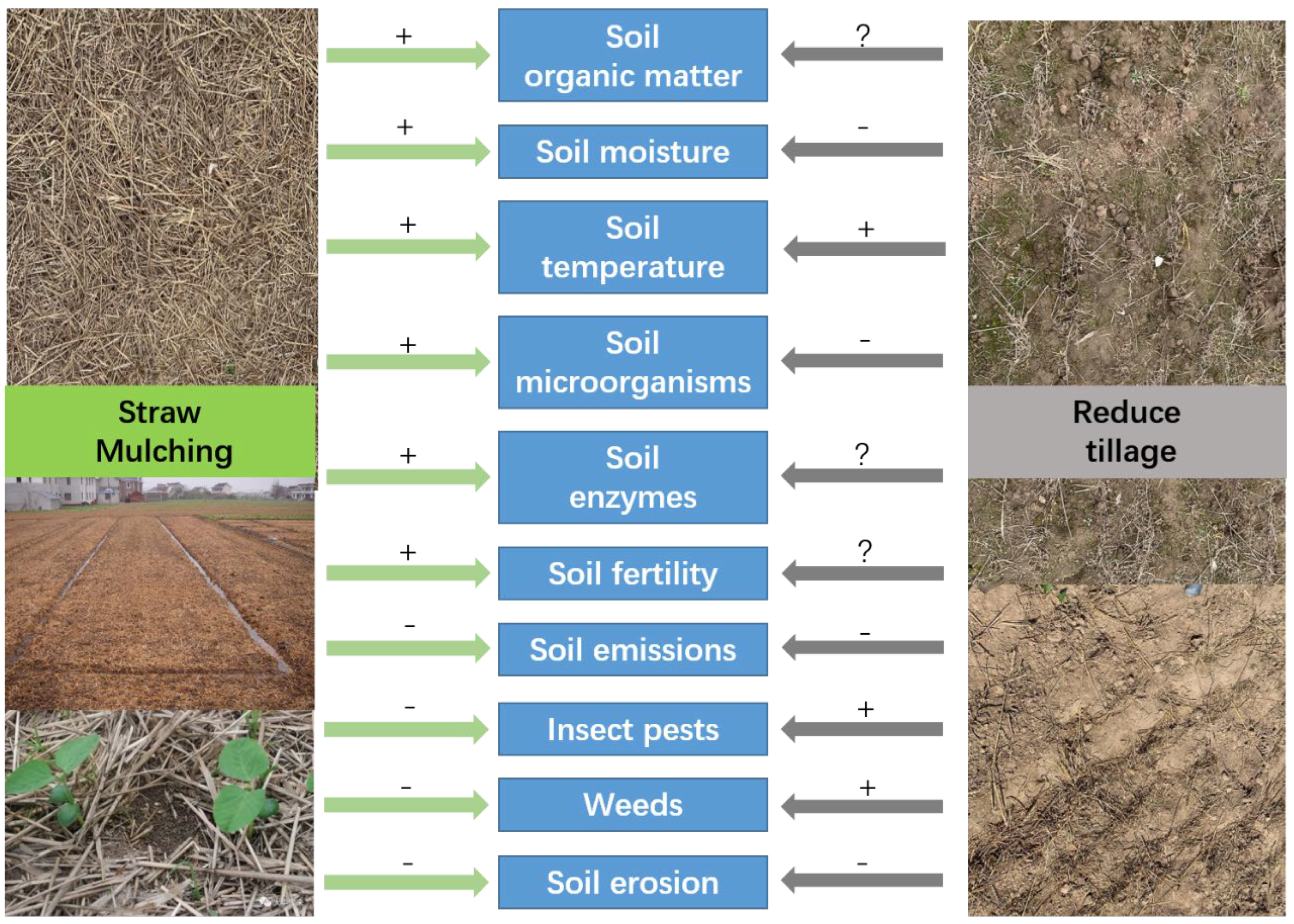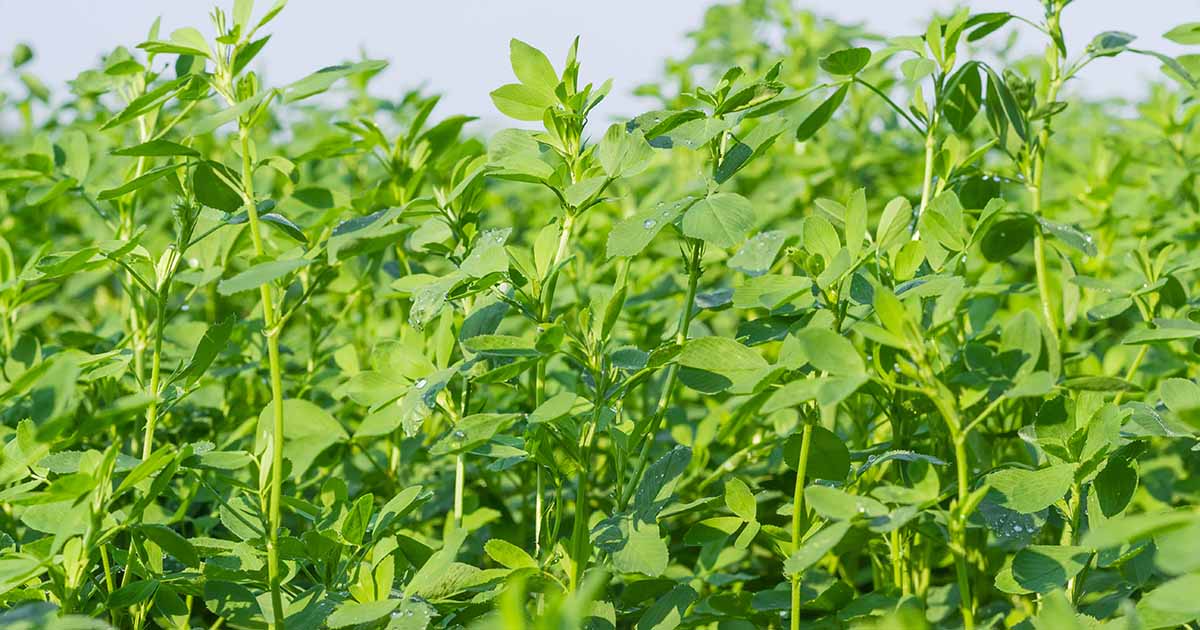Alfalfa Mulch: The Ultimate Guide To Using This Natural Fertilizer
Alfalfa Mulch: The Ultimate Guide to Using This Natural Fertilizer
Alfalfa is a legume that is known for its high nutritional value. It is also a great source of nitrogen, which is an essential nutrient for plant growth. Alfalfa mulch is made from the chopped leaves and stems of alfalfa plants. It is a natural fertilizer that can help to improve the health of your soil and the plants that grow in it.
In this blog post, we will discuss the benefits of using alfalfa mulch, how to apply it to your garden, and some of the potential drawbacks to consider. We will also provide some tips for choosing the right type of alfalfa mulch for your needs.
Benefits of Alfalfa Mulch
- Increases soil fertility. Alfalfa mulch is a good source of nitrogen, which is an essential nutrient for plant growth. As the alfalfa mulch breaks down, it releases nitrogen into the soil. This can help to improve the overall fertility of your soil and promote healthy plant growth.
- Improves soil structure. Alfalfa mulch helps to improve the structure of your soil by adding organic matter. Organic matter helps to loosen the soil, improve drainage, and retain moisture. This can create a more ideal environment for plant roots to grow and thrive.
- Suppresses weeds. Alfalfa mulch can help to suppress weeds by blocking out sunlight and providing a physical barrier. This can help to reduce the amount of weeding you need to do, which can save you time and effort.
- Attracts beneficial insects. Alfalfa mulch can attract beneficial insects, such as ladybugs and lacewings. These insects help to control pests that can damage your plants.
- Reduces erosion. Alfalfa mulch can help to reduce erosion by holding soil in place. This can be especially helpful in areas that are prone to wind or water erosion.
How to Apply Alfalfa Mulch
- Apply alfalfa mulch when your soil is moist. This will help the mulch to adhere to the soil and prevent it from blowing away.
- Apply alfalfa mulch in a layer that is 2-3 inches thick. This will provide a sufficient amount of mulch to benefit your plants.
- Spread the alfalfa mulch evenly over the area you want to mulch. Be sure to overlap the edges of the mulch to create a continuous layer.
- Water the alfalfa mulch after you have applied it. This will help to settle the mulch and encourage it to break down.
Potential Drawbacks of Alfalfa Mulch
- Alfalfa mulch can attract rodents. If you have a problem with rodents in your garden, you may want to avoid using alfalfa mulch.
- Alfalfa mulch can be messy. If you have a lot of foot traffic in your garden, you may want to consider using a different type of mulch.
- Alfalfa mulch can harbor pests. If you have a problem with pests in your garden, you may want to avoid using alfalfa mulch.
Choosing the Right Type of Alfalfa Mulch
There are a few different types of alfalfa mulch available on the market. The type of alfalfa mulch you choose will depend on your specific needs.
- Pelletized alfalfa mulch is the most common type of alfalfa mulch. It is easy to apply and spread, and it breaks down quickly.
- Loose alfalfa mulch is less common than pelletized alfalfa mulch. It is more difficult to apply and spread, but it breaks down more slowly.
- Alfalfa hay can also be used as mulch. It is less expensive than other types of alfalfa mulch, but it breaks down more slowly.
Conclusion
Alfalfa mulch is a natural fertilizer that can be used to improve the health of your soil and the plants that grow in it. It is a good source of nitrogen, which is an essential nutrient for plant growth. Alfalfa mulch can also help to improve soil structure, suppress weeds, attract beneficial insects, and reduce erosion.
If you are looking for a natural way to improve the health of your garden, alfalfa mulch is a great option. Just be sure to choose the right type of alfalfa mulch for your needs and apply it properly.
Alfalfa mulch is a great way to improve the health of your soil and your plants. It helps to retain moisture, suppress weeds, and attract beneficial insects. If you're interested in learning more about alfalfa mulch, visit this website: https://www.organicsmatter.co.za/shop/lucerne-alfalfa-mulch/.
FAQ of alfalfa mulch
- What is alfalfa mulch?
- Alfalfa mulch is a type of organic mulch made from the chopped leaves and stems of alfalfa plants. It is a good choice for gardens because it is high in nitrogen and other nutrients, helps to retain moisture in the soil, and suppresses weed growth.
- What are the benefits of using alfalfa mulch?
- Alfalfa mulch has many benefits, including:
- It helps to retain moisture in the soil, which can help to reduce watering needs.
- It helps to suppress weed growth.
- It improves soil structure and fertility.
- It provides a habitat for beneficial insects and microorganisms.
- It can help to improve the appearance of your garden.
- Alfalfa mulch has many benefits, including:
- How do I apply alfalfa mulch?
- Alfalfa mulch can be applied to gardens in a variety of ways. The most common method is to spread it evenly over the soil surface, about 2-3 inches thick. You can also apply it in a layer around plants, or in a ring around trees.
- How often do I need to reapply alfalfa mulch?
- The frequency with which you need to reapply alfalfa mulch will depend on a number of factors, including the type of plants you are growing, the climate you live in, and how much rainfall you receive. In general, you should reapply alfalfa mulch every year or two.
- What are some of the drawbacks of using alfalfa mulch?
- Alfalfa mulch can be messy to apply and remove. It can also attract pests, such as slugs and snails. Additionally, alfalfa mulch can harbor bacteria and other pathogens, so it is important to avoid using it in gardens where you are growing edible plants.
- Is alfalfa mulch safe for pets?
- Yes, alfalfa mulch is safe for pets. However, it is important to keep pets from eating large amounts of alfalfa mulch, as it can cause digestive upset.
Image of alfalfa mulch
10 different images of alfalfa mulch that are free to use:
- Alfalfa mulch covering the ground around a tree.

- A pile of alfalfa mulch ready to be spread.

- A gardener spreading alfalfa mulch around a plant.

- A close-up of alfalfa mulch, showing the individual leaves.

- Alfalfa mulch in different shades of green.

- Alfalfa mulch in a garden bed, suppressing weeds and retaining moisture.

- Alfalfa mulch in a flower bed, adding nutrients to the soil.
- Alfalfa mulch around a vegetable garden, helping to protect the plants from pests and diseases.

- Alfalfa mulch in a landscaped area, adding a touch of natural beauty.

- A bird foraging in alfalfa mulch.
Post a Comment for "Alfalfa Mulch: The Ultimate Guide To Using This Natural Fertilizer"